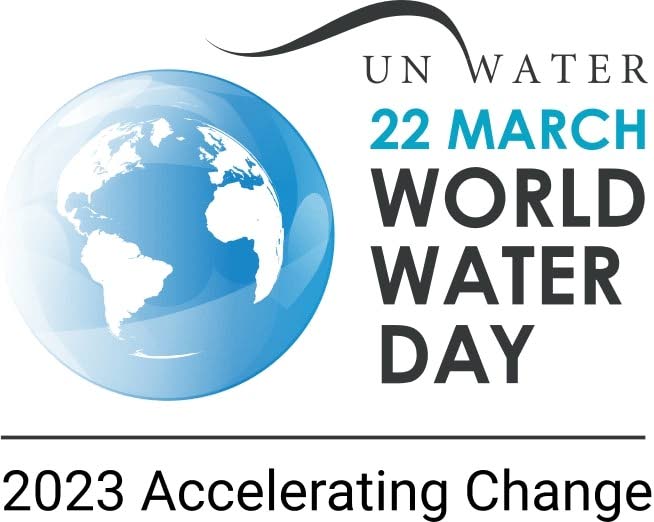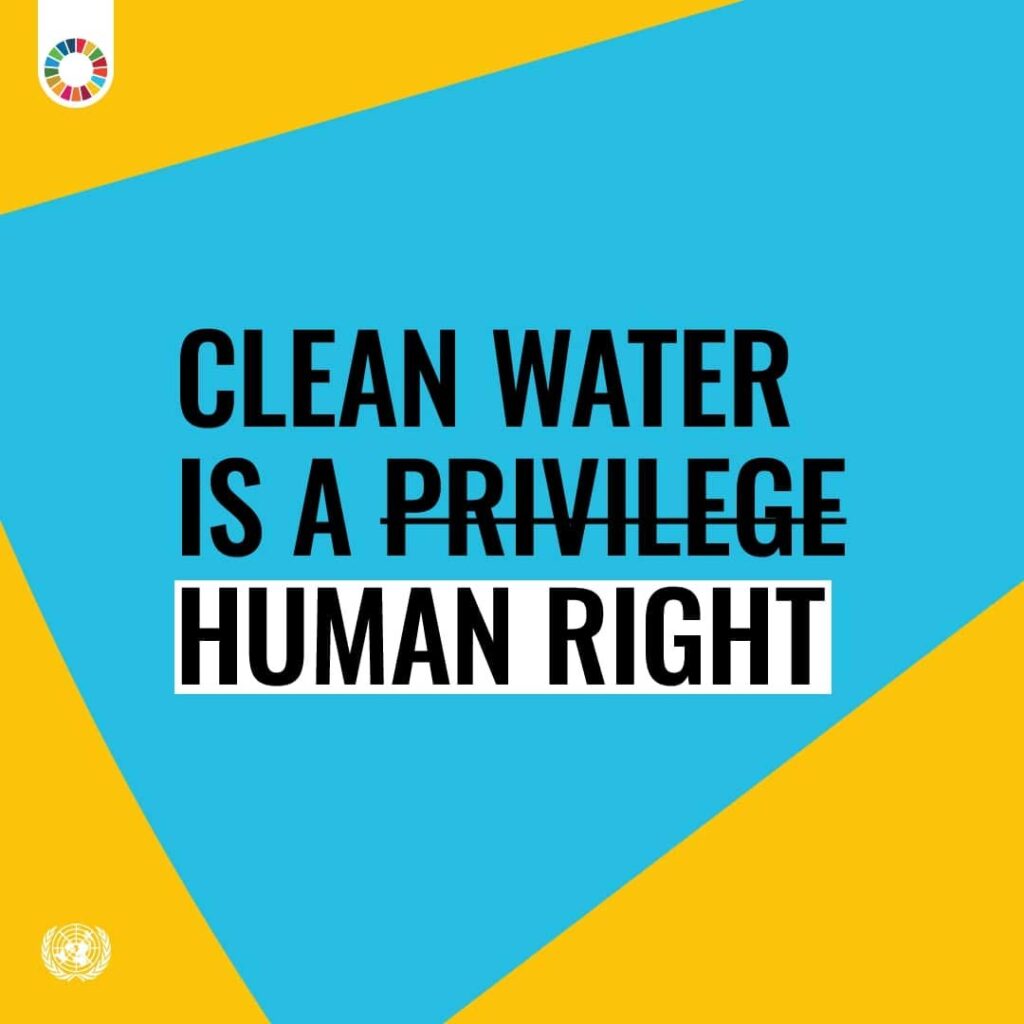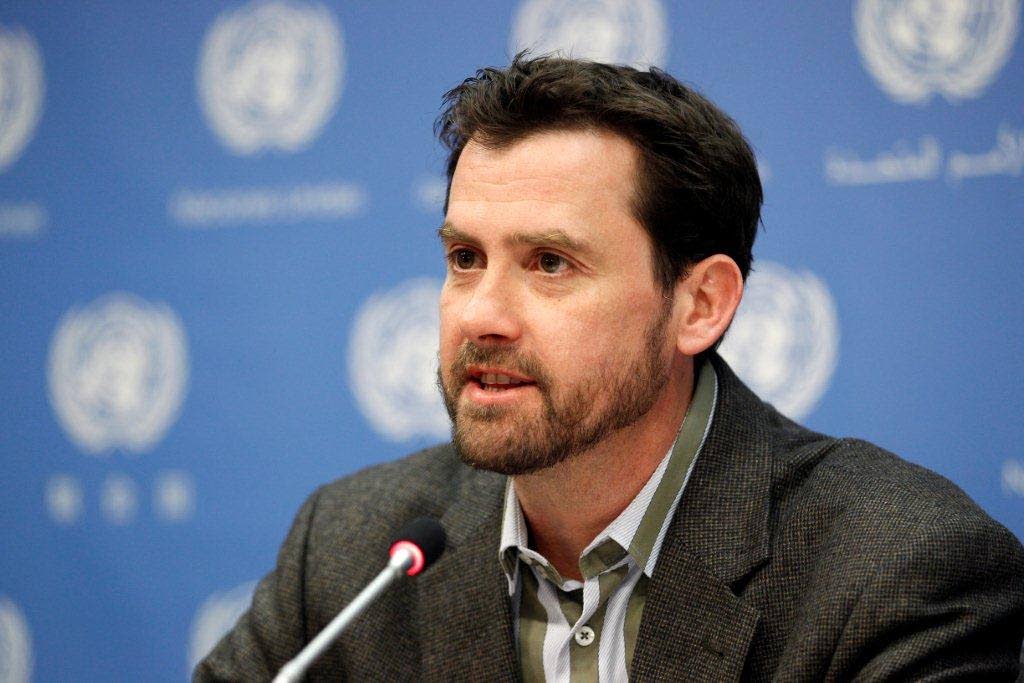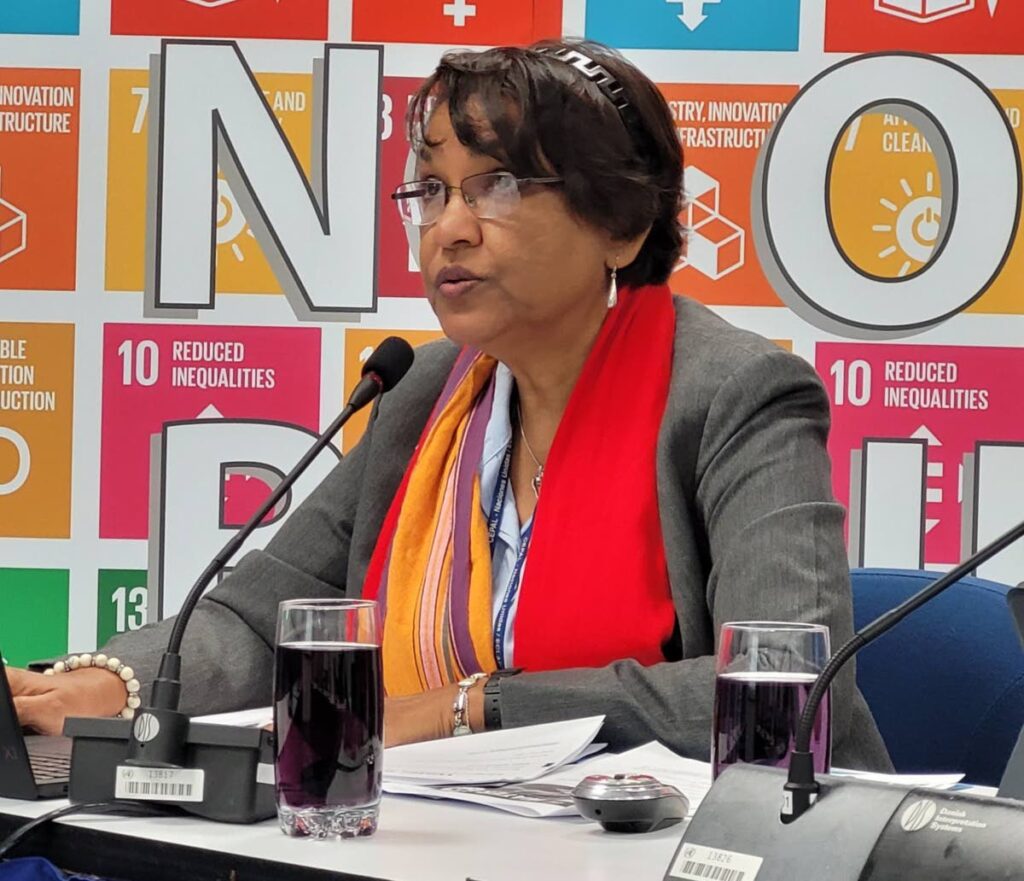UN report: Caribbean must improve its water security

Caribbean countries must work together to ensure water security in the wake of the intensifying effects of global climate change, to which the region is among the most vulnerable.
There must be collaboration between the public-private sector and civil society for water sustainability to be achieved. This was the position of stakeholders at Wednesday's seminar on the UN 2023 World Water Development Report for the Caribbean. The report was hosted by the UN Information Centre for the Caribbean Area (UNIC), in collaboration with the Economic Commission for Latin America and the Caribbean Subregional Headquarters for the Caribbean (ECLAC).
The seminar, held at ECLAC's Chancery Lane, Port of Spain headquarters, focused on access to water, water security and issues related to the currently high level of global water consumption and how collaboration between government entities, non-government stakeholders and civil society can contribute to globally sustainable use of water.
The programme included an overview of the report presented by its author, editor-in-chief Richard Connor.

A response from ECLAC on the findings in the report and its direct relevance to Caribbean small-island developing states (SIDS) was then shared by Artie Dubrie, co-ordinator of sustainable development and disaster unit at ECLAC.
Connor in a presentation, via Zoom, titled Partnerships and Co-operation for Water, said global water-consumption levels have increased by one per cent over the past 50 years and are expected to continue along that trajectory for the next 30 years.
Connor highlighted the increase in global water consumption between 1900 and 2018 – the most drastic increase beginning during the start of the third industrial revolution in the 1950s. The global agricultural industry is the most dominant consumer of water compared to consumption by industries and municipalities.
Global water withdrawals, for agriculture increased from 500 km3 per year, 100 km3 in 1950, 2,500 km3 in 2000 to a little under 3,000 km3 18 years later in 2018.
Connor said approximately half the global population experiences severe water scarcity for at least part of the year. The Caribbean is classified among the regions experiencing medium baseline water stress unlike some parts of Asia and South America.

He said nearly all countries across the globe show signs of risks related to water quality. The Caribbean is also at medium risk in this regard.
Outlining the 11 indicators of whether countries are on track toward accomplishing target six of the UN Sustainable Development Goals (SDGs),which has to do with addressing the global issues of access to clean water and sanitation, Connor listed the indicators.
Among the 11 indicators of whether a country is nearing the goal are the proportion of the population using safely managed drinking water services, sanitation services, and flow of domestic and industrial wastewater; bodies of water with low levels of pollution and a cultural shift toward improved efficiency of water use over time.
He placed emphasis on the importance of integrating new approaches to manage the use of water, while protecting natural ecosystems.
"Water funds unite public, private and civil-society stakeholders around the common goal of contributing to water security through nature-based solutions and sustainable watershed management."
Dubrie spoke about water in the Caribbean, presenting the subregional priorities in the report.
She outlined the regional priorities that informed ECLAC’s contribution to the report.

The priorities included sustainable development, regional and territorial co-operation, addressing the contributors and impact of climate, sustainability in energy, food, and ecosystems and their relationship to financing, health, data management, education, capacity building, communication while enshrining strategies implemented during the heights of the covid19 pandemic.
Regarding water and sustainability in the region, she outlined ways through which ECLAC has been collaborating to help the region accomplish the development goal.
Dubrie said this can be done by strengthening relevant institutions responsible for water management, designing and implementing public policies to foster economic development and water security, particularly in rural and coastal areas while promoting water legislation and increasing public-private investment.
She said it is also crucial that active participation of water rights holders such as local communities, youth, indigenous peoples, coastal communities and other vulnerable groups are incorporated.
To mange the impact of climate change on water security in the region, Dubrie said integrated water resources management (IWRM) practices should be used across industries to increase resistance to climate change and mitigate impact of natural disasters.
According to the UN, IWRM is a process that promotes the co-ordinated development and management of water, land and related resources in order to maximise economic and social welfare in an equitable manner without compromising the sustainability of vital ecosystems.
She said this can be accomplished by collaborating with communities on establishing early warning and response systems, using innovation and adoption of technologies to support response and adaptation to new environmental and climatic conditions.
Dubrie said it is necessary to draw on ancestral knowledge of indigenous, the knowledge and experiences of people living in coastal and local communities and the perspectives of communities at higher risk and vulnerability to the effects of climate change. Encouraging education on proper rainwater harvesting practices was also highlighted.
Speaking on the relationship between water, energy, food and ecosystems, she said the region has be collaborating on sustained and integrated water, soil and energy management, protecting and restoring essential ecosystems for the water cycle, electricity generation, food security and nutrition and with adequate monitoring, while strengthening collaborative community involvement in management.
To accomplish the SDGs, she said, requires the participation of all stakeholders as investments in water quantity, quality and continuity are needed more now than ever.


Comments
"UN report: Caribbean must improve its water security"